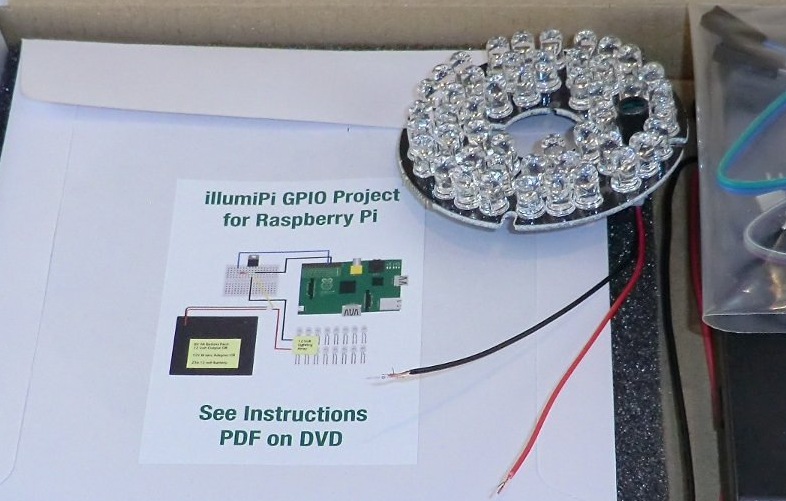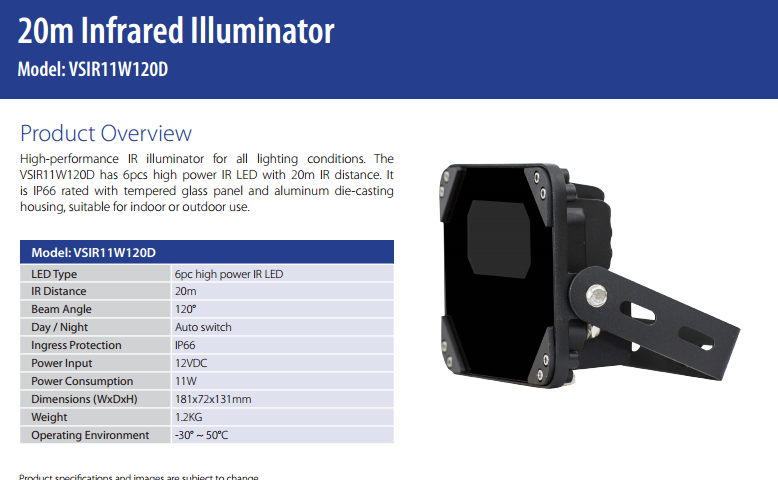I hadn't even thought what a problem this would be until now! Elephants tend to launch their crop-raiding missions under the cover of darkness! I'm sure you would too! I've come up with several possible solutions:
- Two raspberry pi cameras: one with an IR filter (for daylight) and one without an IR filter (for darkness)
- One raspberry pi camera: use an IR-filtered raspberry pi camera but trigger a flash at the same time
- One external camera: don't use a raspberry pi camera, but use an external camera with a flash instead
- One raspberry pi camera: use a raspberry pi camera with no IR filter and only detect elephants in darkness
I've narrowed this down to either solution 1 or solution 3. In fact, the 2015 hackaday prize had an entry for a pi camera multiplexer https://hackaday.io/project/2847-ivport-raspberry-pi-camera-module-multiplexer which can facilitate connection of both a raspberry pi IR-filtered camera, and a raspberry pi camera with no IR filter. We can decide which to use by employing a simple circuit with a photoresistor/LDR to determine if it's daytime or nighttime. However, we aren't going to see much at night without some infrared light. There are plenty of projects that have used IR LEDs for home security. But they are only designed for illuminating a human say 2-3m away from the LED array!


I'm not keen on solution 3, because using a flash will most likely result in elephants avoiding the elephant-detection device.
 Neil K. Sheridan
Neil K. Sheridan
Discussions
Become a Hackaday.io Member
Create an account to leave a comment. Already have an account? Log In.